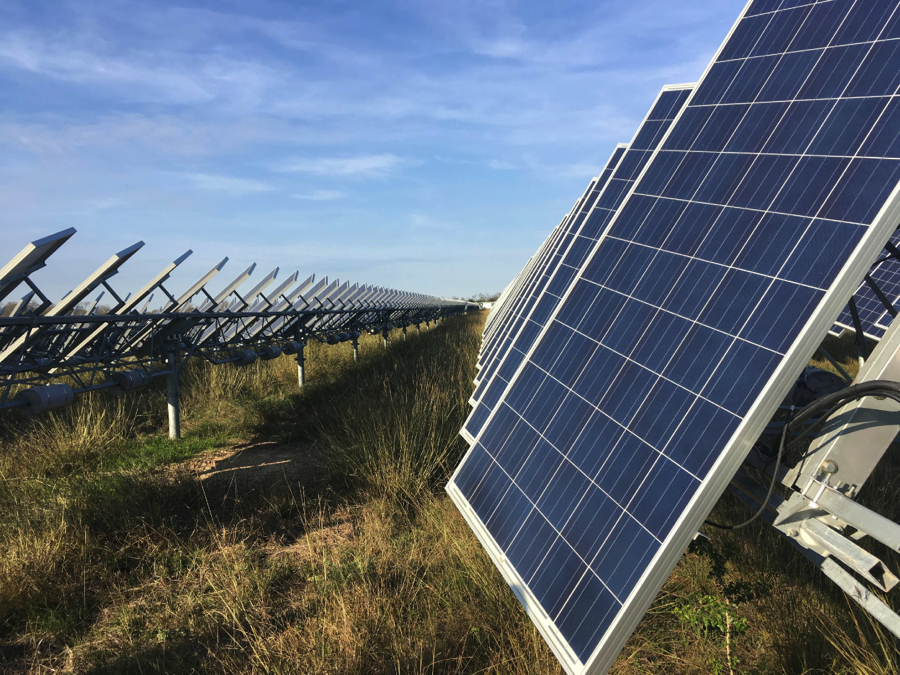
The Sierra Club released a brief analysis of the recent decision by the City Council of Denton -- which serves as the Board of Directors for Denton Municipal Electric -- to adopt the Renewable Denton Plan which commits the public utility to achieving at least 70 percent of its electrical use through contracts with renewable energy, but also invests in 12 new natural gas plants.
The report Denton’s Renewable Energy Plan: Can We Green It Up? finds that there were serious flaws in the independent analysis performed by the Brattle Group by not examining other options. In fact, the preliminary analysis suggests that the City Council and Denton Municipal Electric should have taken a serious look at a 100% renewable energy option similar to that undertaken by Georgetown, as well as an option of 70% percent renewable, combined with energy storage, community solar, and demand response programs. The analysis suggests these options would have delivered benefits to the local utility without the need to invest in new natural gas plants that would increase local pollution and water use.
While the white paper does not make a definitive recommendation on which approach might be the best to serve the needs of Denton, a new City Council can still pursue many of these options and look more seriously at a 100% renewable plan. As a first step, the paper suggests that City Council should consider freezing the present contract for new natural gas power plants and look at alternatives. DME could invite other technologies to bid through an RFI or RFP for dispatchable technologies, including battery storage, CAES, solar plus storage, and demand response. DME should also expand its own energy efficiency, energy audit, and demand response programs. While Denton has several large commercial and industrial facilities, they appear to have no agreements to control loads and shift peak, when power is most expensive.
Even if DME and City Council were ultimately to install all or some of new natural gas power, the City Council should direct DME to take the following steps:
- Require DME do more to promote their existing energy efficiency, energy audit, and solar programs
- Require DME to begin a community solar project, including community solar with battery storage, to increase the use of local renewables
- Require DME to explore state and federal funding for storage technologies to add to their local system
- Consider requiring energy audits and disclosure at point-of-sale of certain residential and commercial properties
- Conduct a demand response and energy efficiency potential study to really build out those programs and begin a process to contract 10% of their peak load with demand response programs
- Consider adding a “solar-ready” requirement to new construction as Houston and Lewisville have recently done so that it is less costly to add solar in the future.
To read the full white paper, click here.